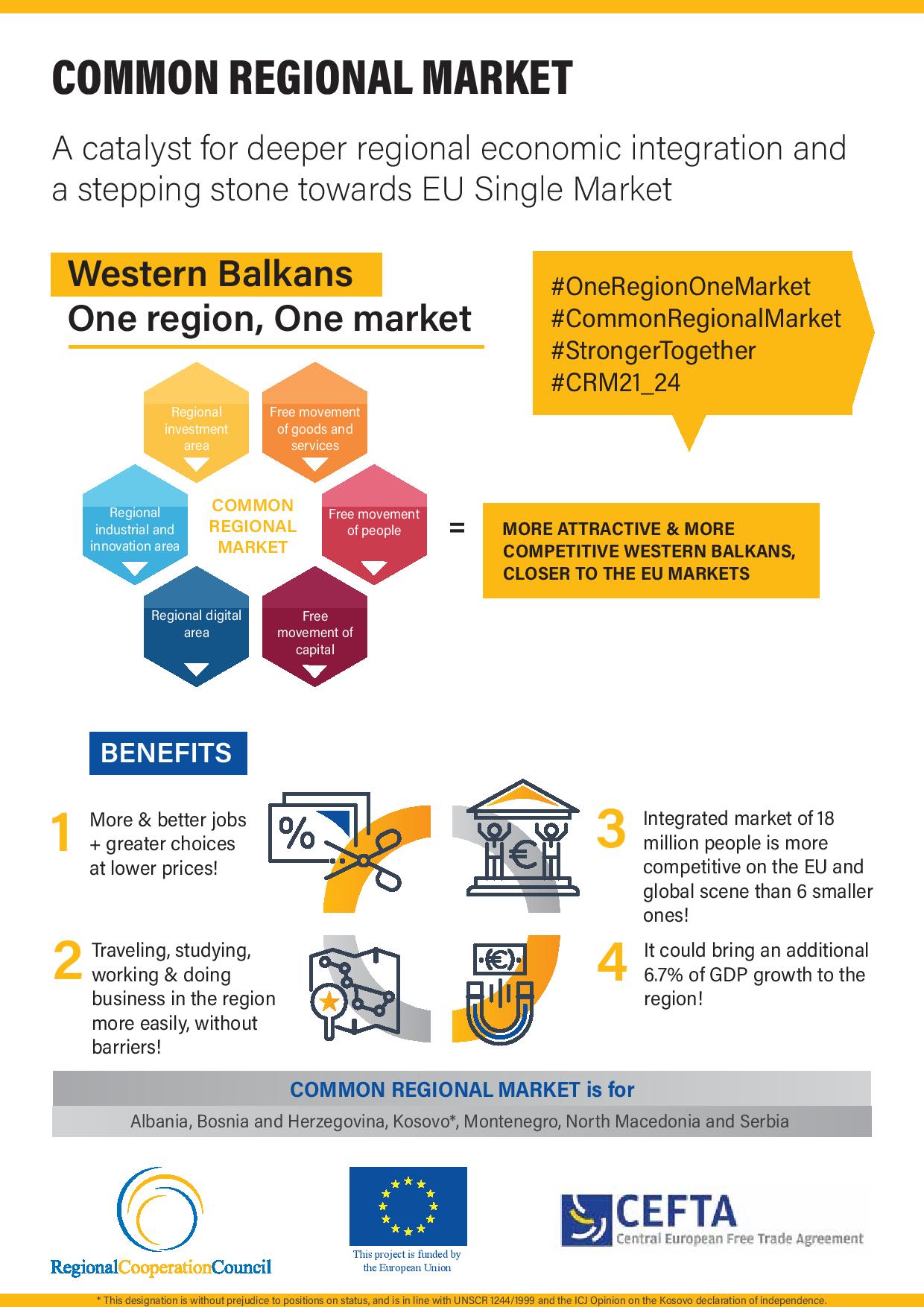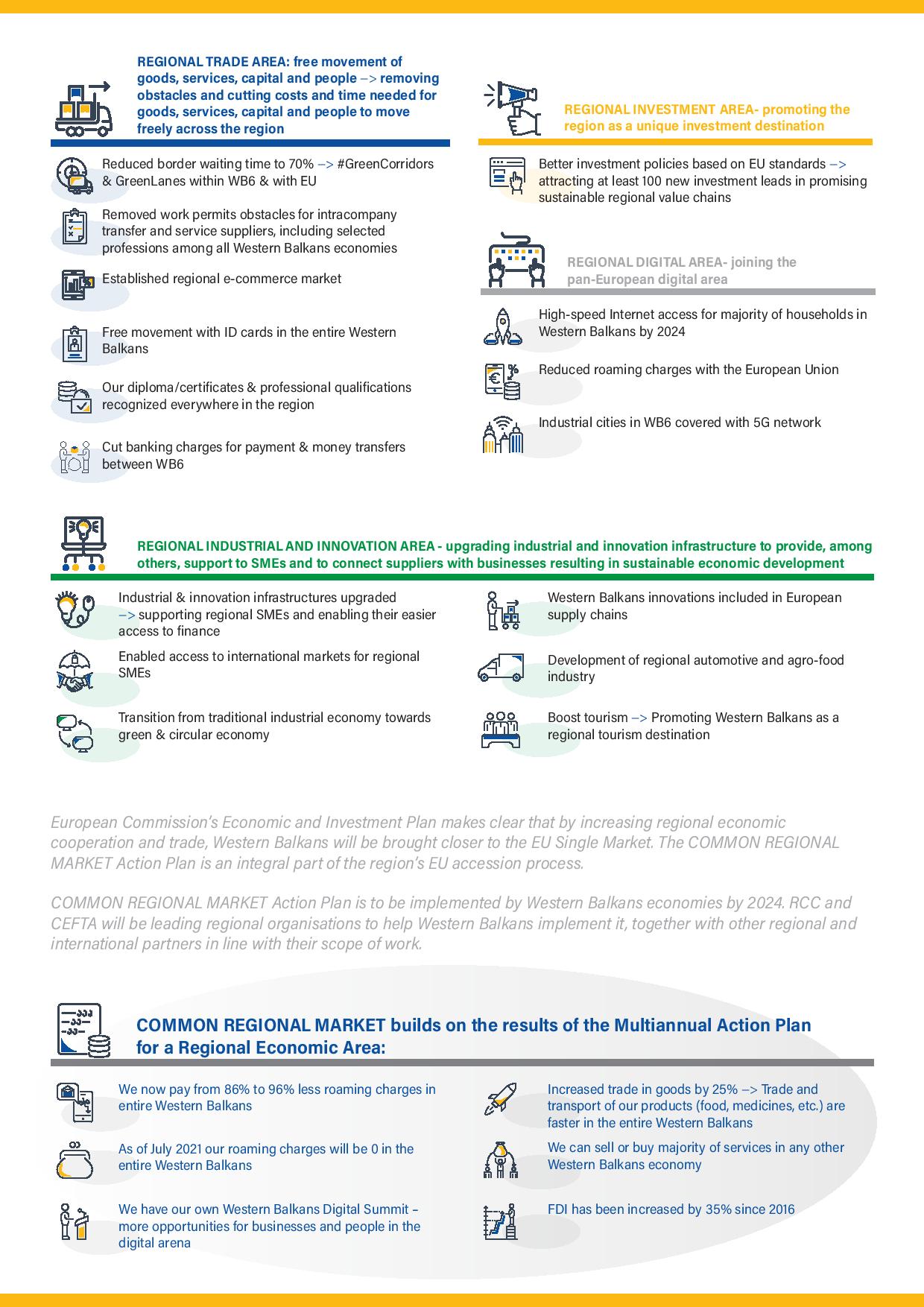Today, in the framework of the Berlin Process and under the co-chairmanship of Bulgaria and North Macedonia, the Sofia Summit took place. It was hosted jointly by the Bulgarian Prime Minister Boyko Borissov and the Prime Minister of the Republic of North Macedonia, Zoran Zaev. The meeting was held via video conference.
The initiative gathers the six Western Balkan partners, nine EU Member States and regional organisations.
Prime Minister of Bulgaria Boyko Borissov and the Prime Minister of the Republic of North Macedonia, Zoran Zaev, welcomed from Sofia the other participants in the video conference, including the leaders of the Western Balkans, German Chancellor Angela Merkel, French President Emmanuel Macron, the Prime Ministers of Italy Giuseppe Conte, of Greece Kyriakos Mitsotakis, of Croatia Andrej Plenkovic, of Slovenia Janez Janša. The summit was also attended online by European Commission President Ursula von der Leyen, EU High Representative for Foreign Affairs and Security Policy Josep Borrell, European Neighbourhood and Enlargement Commissioner Oliver Varhelyi, and Secretary General of the Regional Cooperation Council (RCC). Majlinda Bregu, as well as representatives of CEFTA, the OECD, the European Investment Bank, the Bank for Reconstruction and Development, the World Bank and the Regional Center for Youth Cooperation (RYCO).
During the summit, the participants reviewed what has been achieved over the past year and take consensus decisions important for the region and its European perspective.
President of the Commission, Ursula von der Leyen, said ahead of the summit: “The Western Balkans is an absolute priority for my Commission since my very first day. The region’s future is in the European Union. 2020 has been a challenging year but we firmly stood together. Our Economic and Investment Plan recently adopted will speed up the economic development of the Western Balkans and it will boost its convergence with the European Union, support the implementation of fundamental reforms and bring the region closer to the EU single market. This plan can help you to change the daily lives of your people and the business of the region for to 5 years from now.”
High Representative/Vice-President Josep Borrell added: “I am glad to see Western Balkan leaders embracing the vital role of regional cooperation. It’s as important for reconciliation as it is for economic recovery. We must not forget that the recovery needs to be sustainable and socially just. That’s why the Economic and Investment Plan and the Green Agenda for the Western Balkans is focused on modern, green, and people-focused investment. This also means that the investments need to be underpinned by the fundamental reforms required on the European path.”
Attending the summit, Olivér Várhelyi, Commissioner for Neighbourhood and Enlargement, stressed: “The engagement with our Western Balkan partners remains a key priority for the EU and the European perspective remains a driver for change in the region. The commitment of the region’s leaders to develop a common regional market and implement a green and digital transition is crucial for bringing the region closer to the EU. Together with investments in connectivity and human capital, these are key elements of the Economic and Investment Plan for the Western Balkans which the European Commission put forward in October. This will bring tangible benefits to the people in the Western Balkans and strengthen our ties with the region.”
At this occasion, the Western Balkan Leaders should adopt a plan to develop a Common Regional Market.

The Common Regional Market initiative is structured around the four freedoms (free movement of goods, services, capital and people) and enriched with trade, digital, investment, innovation and industry areas. It is based on EU rules and standards: deeper economic integration will accelerate compliance with the EU acquis. The Common Regional Market is a stepping-stone to integrate the region more closely with the EU Single Market already before accession.
